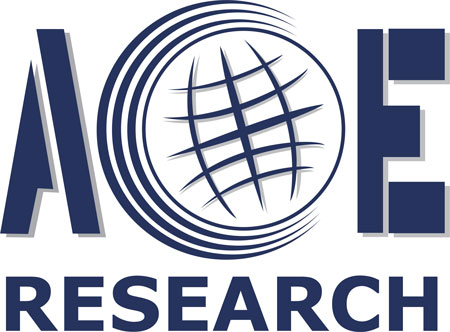- Challenges in Pakistan
In Pakistan a developing country by narrative, all the private and public sector organizations are struggling with a handful of resource deficiencies. Unskilled labor, illiteracy, health issues and financial instability to name few are some of the root causes for emerging challenges.
Analysts and economists after thorough analysis of economic paradigm consider a lack of proper infrastructure to deliver quality education as the primary factor to cater the issues faced by all sectors in the country. Now the next challenge is to access the level of education system prevailing in the country and to provide sufficient support and facilitation to make a sustainable uplift in educational sector. To make this happen, basic drill is to carry out a large scale research encompassing all educational institutes of the country.
- Need for Research
Ace Research has recently concluded that to bring advancement in the educational sector and to promote new ways of learning and teaching, research is to be undertaken but it’s never been an easy task and has its own pain that needs to be endured. In Pakistan, the education sector has yet to witness any revolutionary change which is inevitable if structural changes are made bottom to top.
- Challenges Faced in Data Collection from Schools/Colleges
- Private school Associations
If you are planning for any survey you better be aware that most of the schools in Pakistan are part of any association. Associations help schools in a variety of ways in the community in which they operate. But owing to lack of proper record and coordination by respective associations, the data is not either accessible or kept confidential.
- Government Institutes
The dilemma of organized data entails government institutions as well. Except for one region or two the data is not being maintained by any institution. Fresh census is yet to be run and data which is available is often not shared.
- Outdated Data
Data acquired from sources such as government, private school associations and online sources are most of the times outdated and irrelevant. Upon approaching by means of strong referrals the data shared by competing authorities turn out to be outdated or the concerned person is not located. This implies the database is not kept updated for reasons unknown.
- Challenges Faced in Approaching Schools/Colleges
- Ghost Schools
It is a very ill phenomenon that due to no proper checks or routine scrutiny the loopholes in system are identified and exploited. In the rural part of the country, schools are enlisted on the government records but on ground, there is no existence same goes for teachers/staff as well.
- Management’s Non – Cooperation
Either approached on Telephone or in person the school owners, management and staffs are unwilling to cooperate unless requested and followed up several times about the scope of work and critical need of their valuable input. And there is no guarantee that Information provided by them is accurate or reliable regarding learning patterns, educational products, and services used to enhance the productivity of the educational sector.
- Locating the Schools
It is one of the most exhausting tasks that require a lot of resources to approach the schools scattered across nooks and crooks of the country. Addresses most of the times are not accurate or schools have shifted but the update has not been maintained.
- Brief Stat of Education Sector in Pakistan
A recent survey of private schools across Pakistan has observed that approx. 26% of the schools are located in the Urban region and 39 percent in Rural regions, while the remaining schools are located in Peri-urban areas. Out of these schools around 30% have dedicated internet connection and the remaining don’t have internet access whereas, only 20% have computers for the use of students.
- Incomplete information Sharing
The gap is realized at the point when survey questions are not answered by schools and information is no shared. They are unwilling to cooperate and it can be due to the lack of research awareness across masses and its necessity for developing customized and updated educational services.
- Fear of data being shared with competing authorities/government organization like FBR
Schools have certain reservation regarding data sharing, due to recent development when Chief Justice of Pakistan had called for a crackdown against schools charging higher fees. This has made schools suspicious about the research drill. They fear the data provided might be shared with competing authorities thus leading to scrutiny of schools on different forums.
- Lack of IT infrastructure for centralized management
Schools lack IT infrastructure to keep the idea of decentralization at bay. Online website, social media presence except for a few prominent chains was not found for any of the private schools across Pakistan.
- Conclusion and Recommendations:
For the survey to be effective as a whole, there are numerous potholes that need to be addressed. Simultaneously, there is on the part of schools that few necessary changes are immediately sought to streamline the process of standardizing the education process and service providers. IT infrastructure should be developed and a centralized database should be maintained provincially to keep all the record for public access. This will allow catering of complaints related to ghost schools and staff and also educational curriculum followed by each school will be on record to streamline the standards of educational institutes. Centralized management should also create a geo-tagging to help in ascertaining the location of schools for accessibility.
Policies aimed at schools should be clearly communicated to all authorities and uniformly implemented to minimize the fear among masses regarding possible action of competing authorities in case of default.
Surveys and researches should be promoted by the private and public sector alike as it creates an atmosphere of awareness and helps in tapping possible and potential avenues for resource utilization.
